PARCEM, a prominent civil society organization in Burundi, has voiced its support for recent comments made by the Speaker of the Senate, Emmanuel Sinzohagera, during a plenary session earlier this week. In his address, Sinzohagera recommended that the Ministry of Education abandon favoritism in the awarding of scholarships, advocating instead for a merit-based system that prioritizes academic excellence over social position or regional origin.
On Saturday, PARCEM released an analysis on the scholarship allocation process, affirming the Senate President’s viewpoint. According to the organization, education is a fundamental pillar for achieving Burundi’s Vision 2040/2060, and it is crucial that intelligence and expertise be prioritized to meet the country’s long-term goals.
“Intelligence must be the determining factor in the awarding of scholarships,” said PARCEM in a statement posted on X, formerly Twitter. “If we begin introducing subjective criteria, we risk creating opportunities for dishonesty and corruption. We need to take education seriously and ensure that only the brightest students with genuine talent are recognized. A Burundian with talent is a national asset, regardless of their background.”
PARCEM further emphasized that the allocation of scholarships should focus solely on academic excellence, with objective criteria such as performance in the national examination (Examen d’État). The organization dismissed the idea of awarding scholarships as a form of aid or for political balancing. “The idea presented by the President of the Senate is fundamental, and it is a good suggestion,” PARCEM added. “We must ensure that Burundi’s education sector is free from biases so that the country can develop skilled human resources.”
PARCEM also recommended that the government give more value to high-achieving students, particularly those in fields such as medicine, by offering competitive salaries and incentives to keep them in the country to contribute to national development. “Other nations also recognize the importance of properly compensating citizens who have made significant academic efforts,” according to PARCEM. “Burundi should do the same to avoid brain drain.”
In response to the senators’ concerns, the Minister of Education and Scientific Research, François Havyarimana, acknowledged the ongoing issues related to regional representation in the awarding of scholarships. “We are committed to transparency,” Havyarimana said. “We have submitted the list of scholarship recipients, including their names, their parents’ names, and the provinces they are from, to the Prime Minister’s office to ensure the process is transparent.”
However, the Minister also pointed out the challenges of implementing a purely merit-based system. “A student from a rural area who studies with limited resources, such as a kerosene lamp, and scores 70% is demonstrating exceptional intelligence and perseverance,” Havyarimana explained. “In comparison, a student from a more privileged background who scores 75% is benefiting from better conditions. If both were evaluated based solely on grades, I am confident the rural student would stand out more. Therefore, any merit-based approach must also consider the varying learning conditions across the country.”
While recognizing the validity of the Senate’s concerns, Havyarimana noted that a merit-based scholarship system would only be truly equitable if the government could first ensure that all students, regardless of their location, have access to the same quality of education. The Minister also emphasized the need to balance academic excellence with regional equity to provide fair opportunities for students from all parts of the country.
Senator Emmanuel Sinzohagera, the Speaker of the Senate, concluded by reaffirming his stance that scholarships should be based solely on academic achievement, regardless of geographic origin or socio-economic status. “Our priority should be sending the most talented students abroad for higher education, not balancing out regions for the sake of fairness,” he said. “It’s time to end practices that have been holding back our country. The brightest minds should be the ones leading us into the future.”
Moïse Ndayiragije contributed reporting

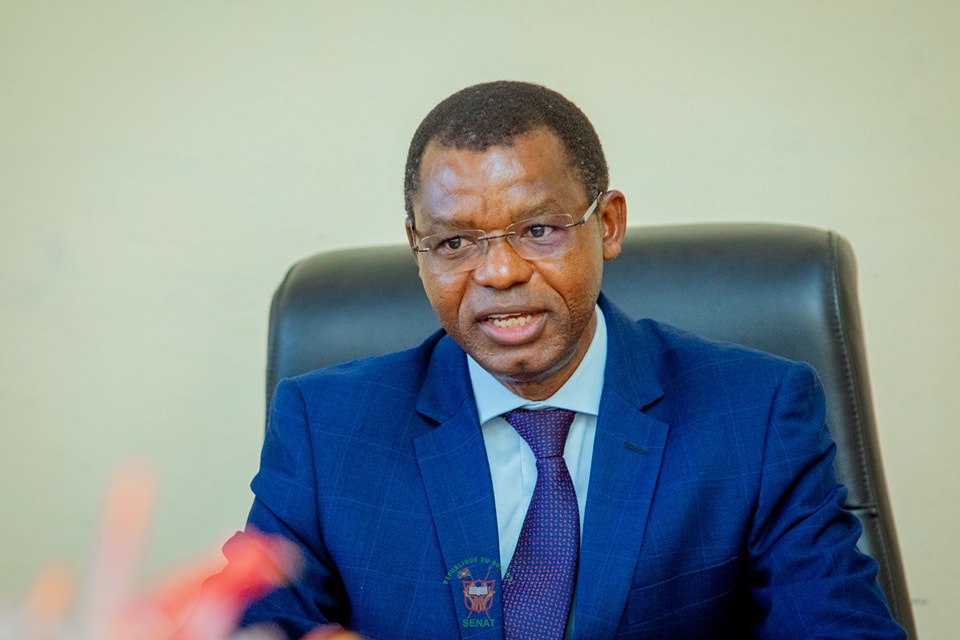
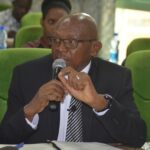

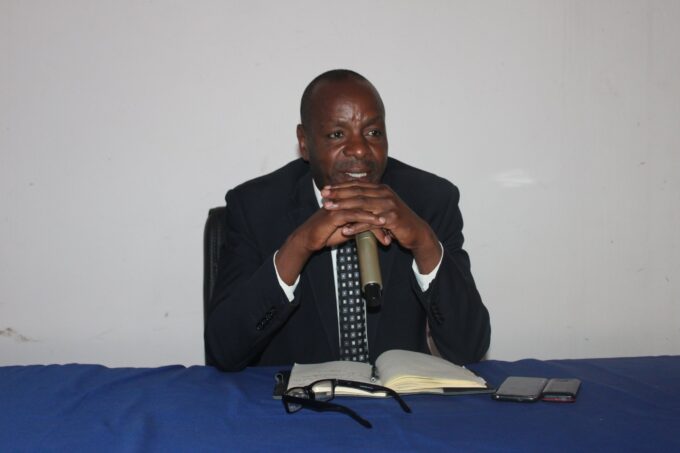
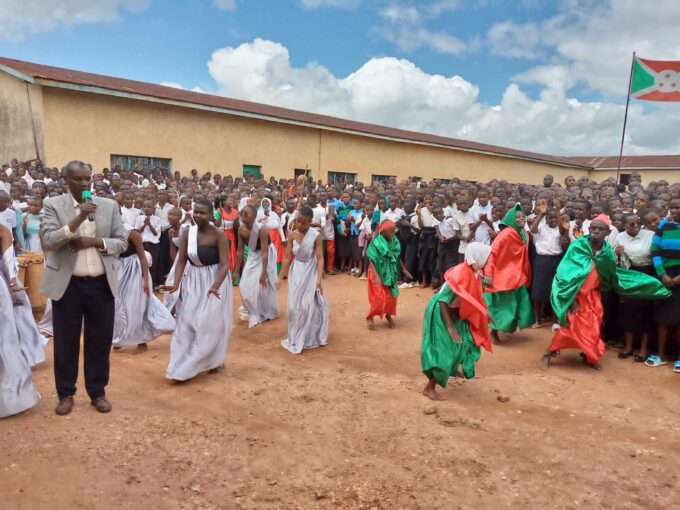
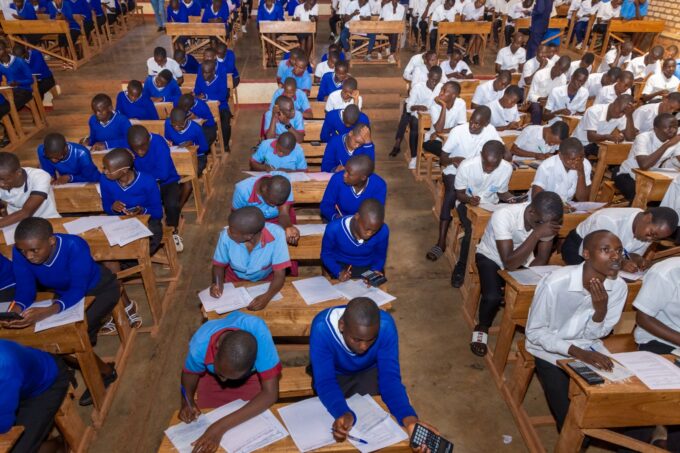
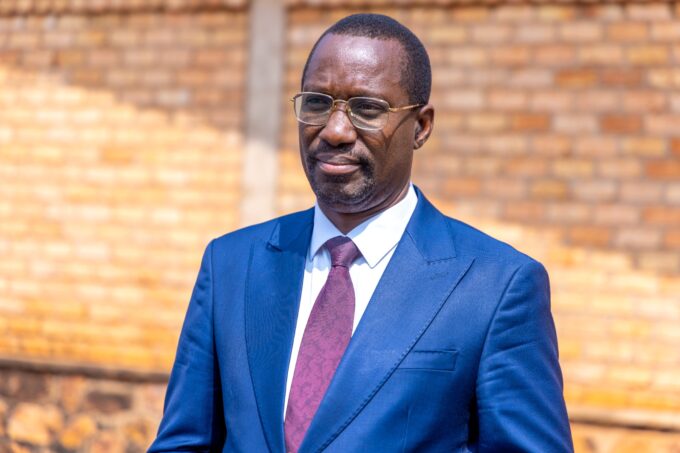
Leave a comment